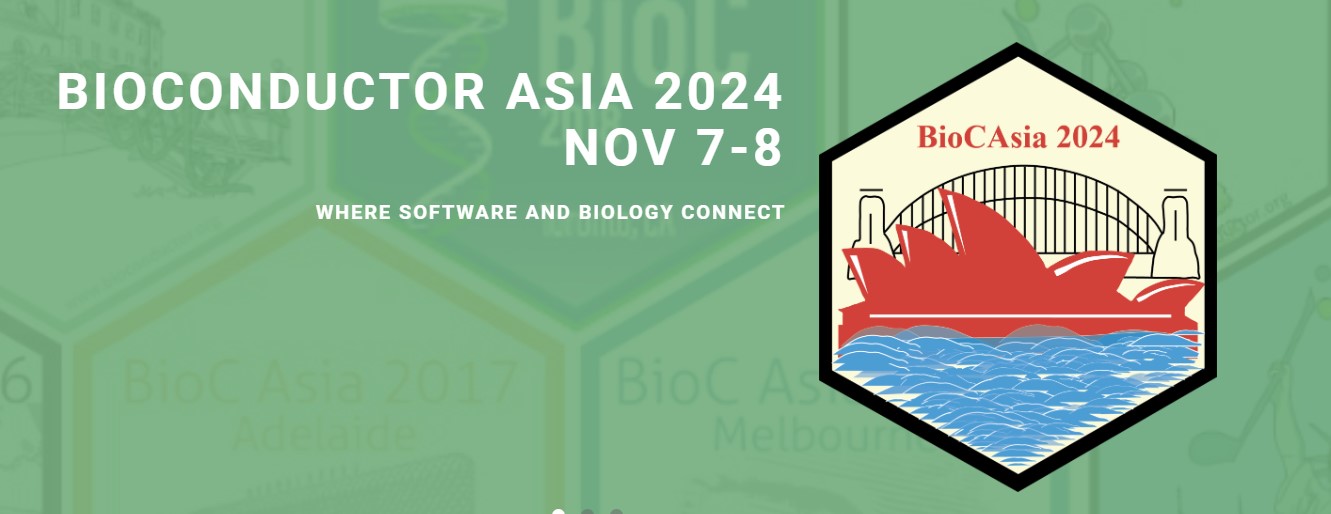
Indigenous Australian genomes show deep population structure and abundant novel variation
Special Judith and David Coffey Seminar Prof Stephen Leslie, The University of MelbourneAbstract: Without the inclusion of diverse genetic ancestries in reference resources, inequity in research and clinical practice risks being entrenched. A handful ethnicities have been the focus of genomic research to date, and Indigenous Australians are virtually absent from global reference panels and […]




